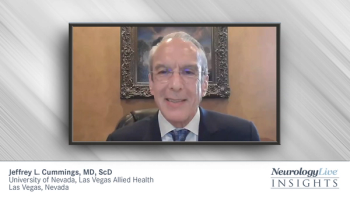
Jeffrey L. Cummings, MD, ScD, delves into the biomarker assessments that establish a diagnosis of Alzheimer’s disease and their use in clinical practice.

Jeffrey L. Cummings, MD, ScD, delves into the biomarker assessments that establish a diagnosis of Alzheimer’s disease and their use in clinical practice.
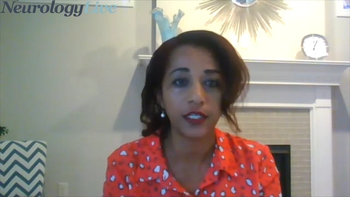
The clinical psychologist at Cleveland Clinic discussed the process for successfully changing and tailoring different cognitive behavioral therapy approaches to treat various forms of seizures. [WATCH TIME: 3 minutes]
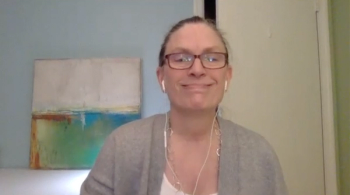
The founder of MS Bites discussed the role of referrals both to and from dietitians, as well as the common misconception that their services are not covered by insurance. [WATCH TIME: 2 minutes]
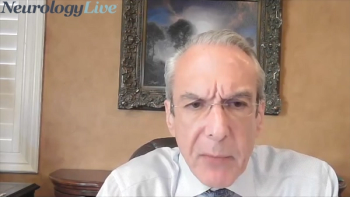
The director of the Chambers-Grundy Center for Transformative Neuroscience at the University of Nevada–Las Vegas detailed the steps necessary to lower wasted costs from Alzheimer disease drug development and improve regulatory success. [WATCH TIME: 4 minutes]
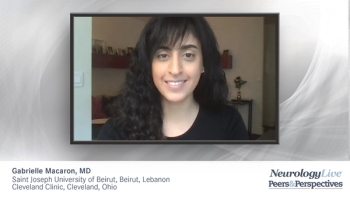
Key takeaways from a larger discussion surrounding the utilization of novel oral agents as therapy for patients with relapsing-remitting multiple sclerosis.
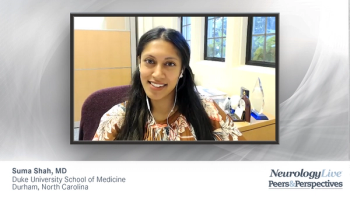
The patient factors and other variables that impact first-line treatment decisions in relapsing-remitting multiple sclerosis.
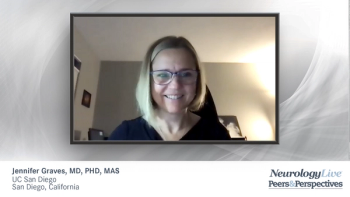
The types of tests used to monitor response to novel oral therapies used in relapsing-remitting multiple sclerosis.
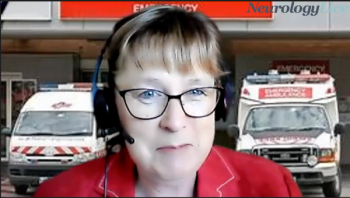
The director of the Joseph Epstein Center for Emergency Medicine Research provided context on the types of research needed to further evaluate and improve diagnosis and management of headache in emergency departments. [WATCH TIME: 3 minutes]
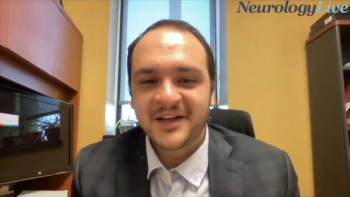
The research assistant professor at the Buffalo Neuroimaging Analysis Center provided context on how different forms of multiple sclerosis impact cognitive decline in patients. [WATCH TIME: 3 minutes]

The founder of MS Bites discussed the role dietitians can play in care of patients with MS, noting that they have not historically been included in the comprehensive care team, and differentiating their approaches to care. [WATCH TIME: 2 minutes]
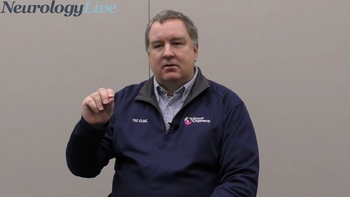
The director of the Tuberous Sclerosis Clinic at Cincinnati Children’s discussed the thought behind STOPS2, a trial aimed at preventing or delaying seizure onset in tuberous sclerosis complex. [WATCH TIME: 3 minutes]
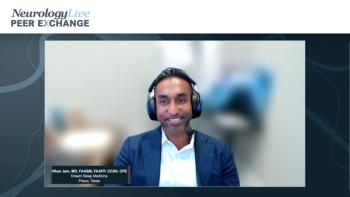
A panel of experts break down the myriad of insomnia causes, discussing prevalence amid different patient populations.
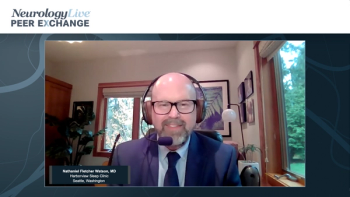
Considerations for how to optimally work up and diagnose patients with insomnia.

The registered dietitian and founder of MS Bites spoke on changes in symptom care for patients with MS, as well as the sustained benefits of telehealth. [WATCH TIME: 2 minutes]
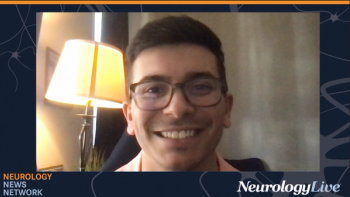
Neurology News Network for the week ending January 1, 2022. [WATCH TIME: 4 minutes]
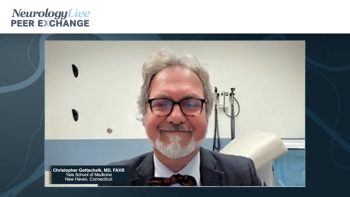
A key opinion leader discusses the use of oral agents for the preventive treatment of migraine.

Dr Christopher Gottschalk shares how the clinical trial data for CGRP monoclonal antibodies affect patient selection for preventive migraine treatment.
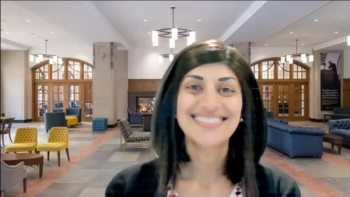
The clinical associate professor of neurology at the University of Michigan spoke on the importance of sleep medicine education for trainees, as well as areas that could be improved. [WATCH TIME: 3 minutes]

The Distinguished Professor of Neuromuscular Disease at University of North Carolina School of Medicine offered his insight into the newly approved Argenx agent, marketed as Vyvgart. [WATCH TIME: 3 minutes]

The clinical associate professor of neurology at the University of Michigan outlined a recent study that assessed the effectiveness of an educational sleep medicine “boot camp.” [WATCH TIME: 2 minutes]
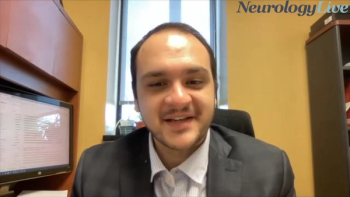
The research assistant professor at the Buffalo Neuroimaging Analysis Center detailed the improvements the current batteries for detecting cognitive impairment in MS need. [WATCH TIME: 3 minutes]
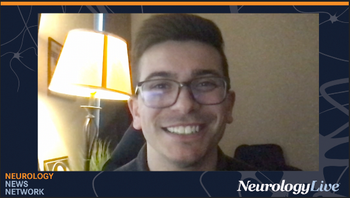
Neurology News Network for the week ending December 25, 2021.
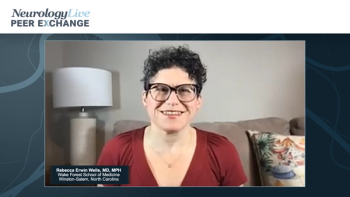
A panel of neurologists review clinical trial data on several CGRP monoclonal antibodies for migraine preventive treatment.
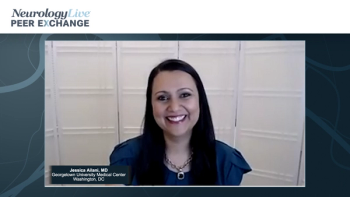
Expert neurologists discuss the use of CGRP monoclonal antibodies to prevent migraines.

Jeffrey L. Cummings, MD, ScD, discusses the biomarker assessments used to test for amyloid beta that can confirm disease pathology for Alzheimer’s disease.

Jeffrey L. Cummings, MD, ScD, explains the pathophysiology and common screening tools used to evaluate Alzheimer’s disease.
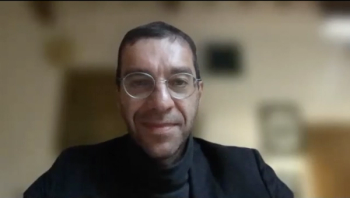
The chief medical officer of Cognetivity Neurosciences outlined the benefits a new integrated assessment has for clinicians and patients with dementias and multiple sclerosis. [WATCH TIME: 4 minutes]

Following previous discussions about novel oral therapies available as treatment for relapsing-remitting multiple sclerosis, a small panel of neurologists comment on factors that affect which agent they select.

Characteristics that make the purine antimetabolite, cladribine, a unique treatment option for relapsing-remitting multiple sclerosis.
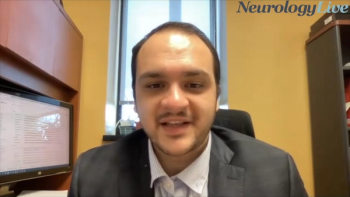
The research assistant professor at the Buffalo Neuroimaging Analysis Center discussed a recently awarded grant to determine which brain structures are responsible for cognitive decline in patients with multiple sclerosis. [WATCH TIME: 3 minutes]